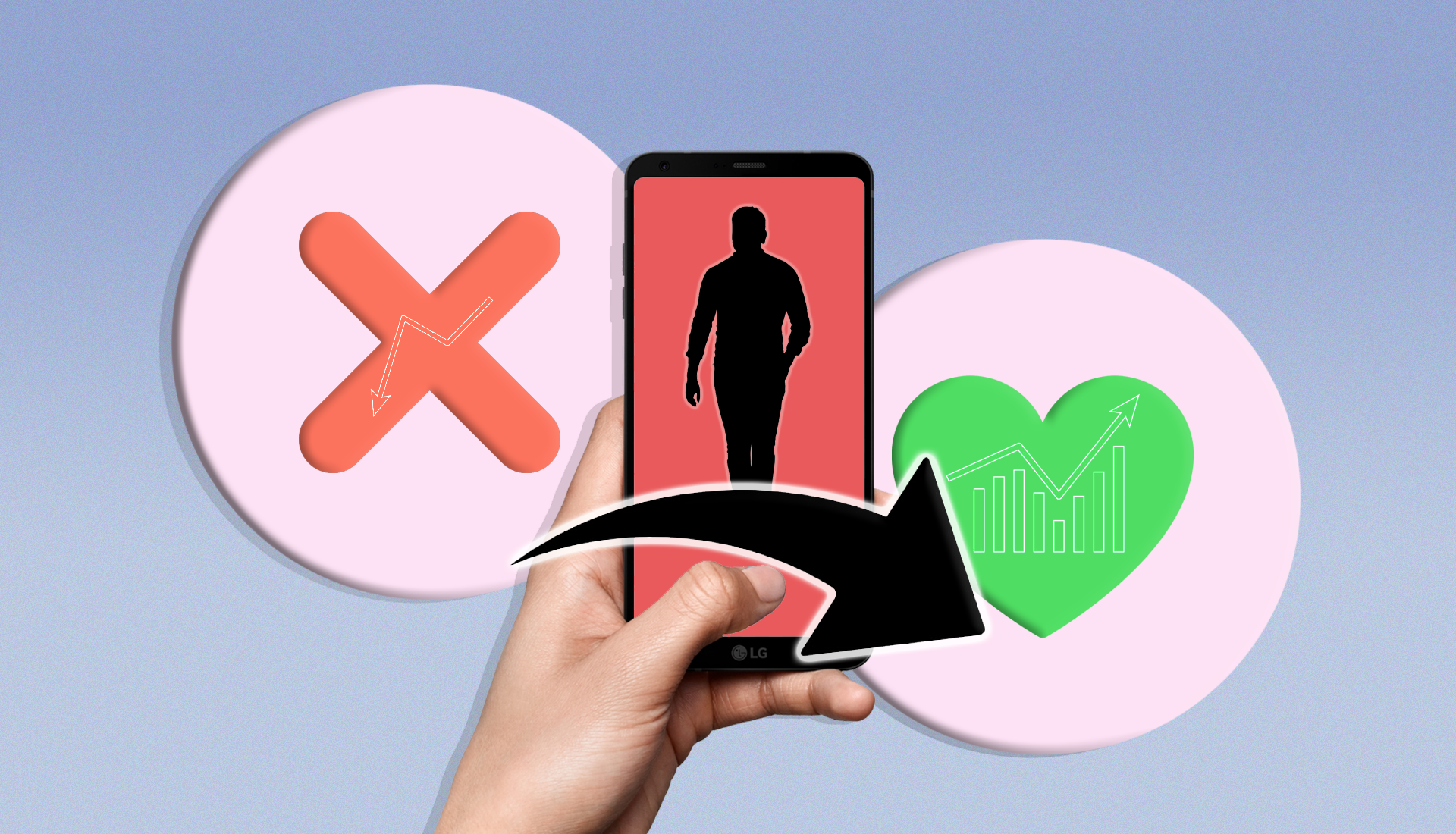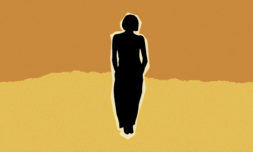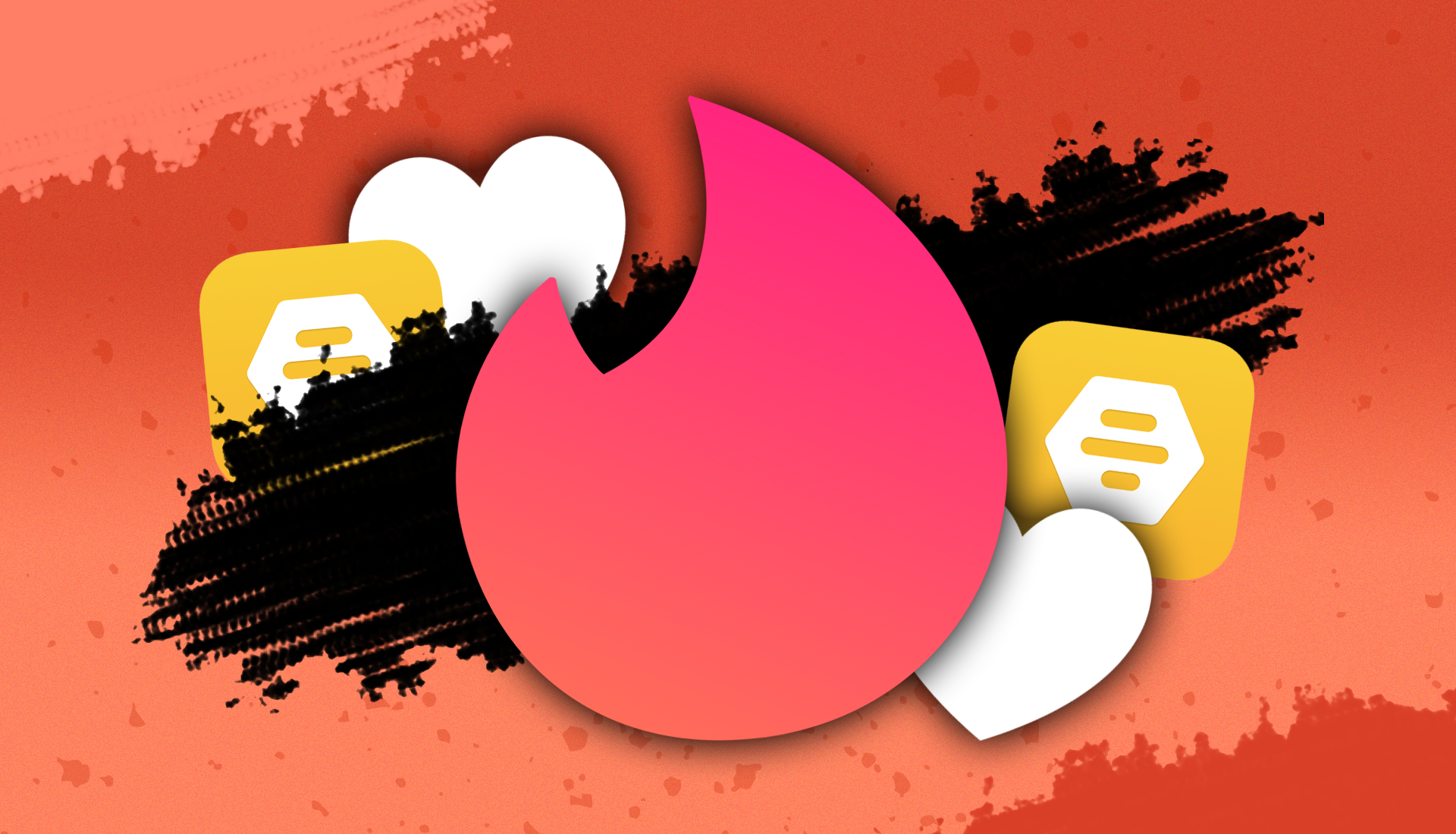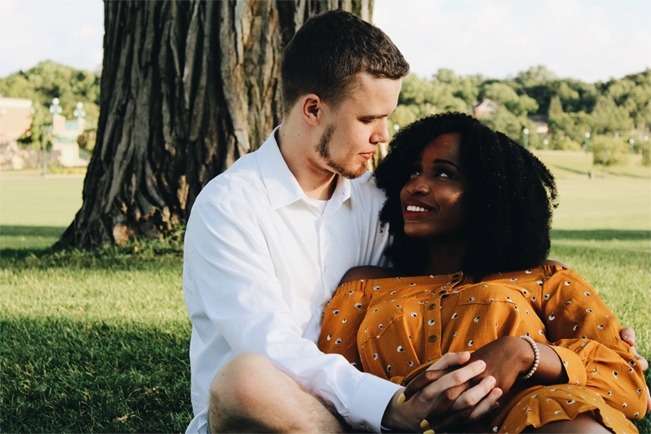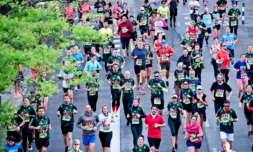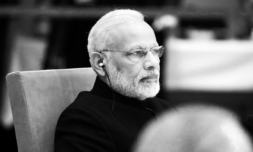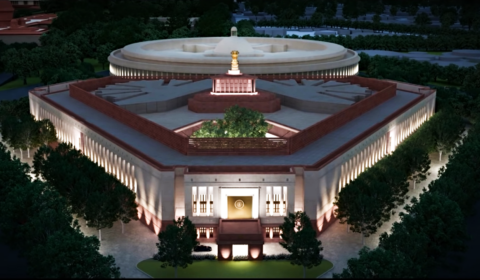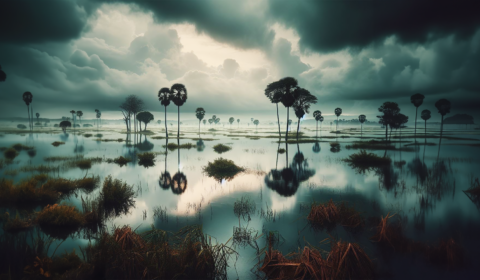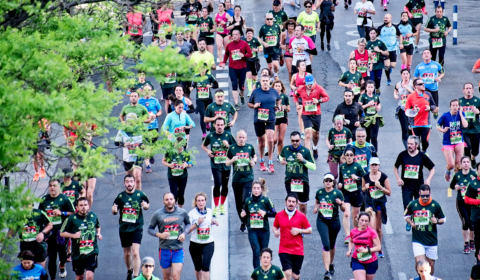With online dating forming the backbone of Gen Z and Millennials’ love lives, swiping habits could determine the very fabric of our future societies.
Romantic relationships are how we persist as a species. With whom we procreate has cemented human expansion, united tribes, and ensured genetic diversity since time immemorial. Beyond an instinctual level, it’s had a huge effect on how our economy works, how we structure our communities, and even how we build real estate and structures. It’s a wonder, then, that the rising tide of online dating has gone largely unanalysed in academia, finding a home mostly in the bylines of modern sociology papers.
Whilst researchers have determined that around one third of all marriages in the west today spawned from an in-app meetings, little thought seems to have been given to the effect this may have on global demographics, and on what our children may not only act like, but look like.
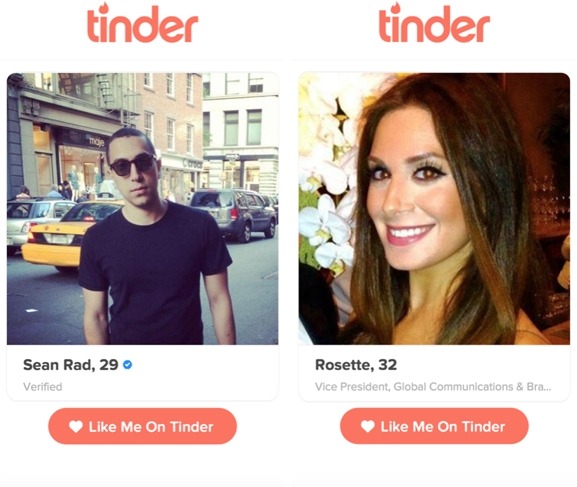

That is the power of the new game we’re playing. Dating apps can link people and societies that never would have interweaved naturally, creating a future that’s not as clearly stratified. At least, that’s what we’re hoping they’ll do. But the tendency for humans to form tribes could also mean a backlash against catch-all apps like Tinder and towards a more niche selectivity. We’re already seeing this with the spike in ‘exclusive’ dating platforms that select participants based on income and social clout.
In many ways dating apps are the perfect lens to view one of the 21st centuries most complex questions: does the internet encourage globalism, or does it simply give us more groups to divide ourselves into?
Mating via Multiculturalism
In a study conducted in 2018, Ortega, along with Philipp Hergovich from the University of Vienna, became some of the first people to study social integration via online dating. In their own words, ‘they ‘investigate[d] the effects of those previously absent ties on the diversity of modern societies.’
Their findings are easily extrapolated, though still crucial. Whilst in the past humans married people with whom they were in some way already connected – through school, church, or family – online dating has greatly increased the chance of a romantic connection between complete strangers. Like the rogue wire pushing its way to the other side of the fence, we end up bridging communities that otherwise would have stayed separate. For example, communities of disparate class or ethnicity.









